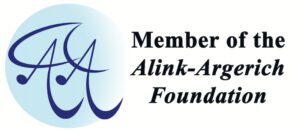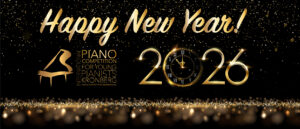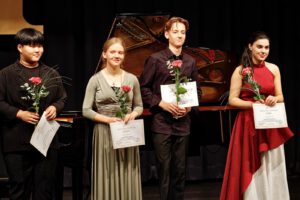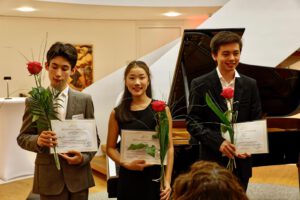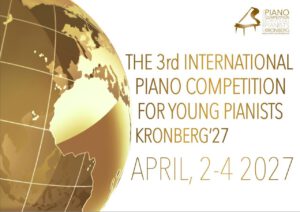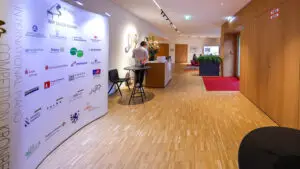How much do we know about music competitions?
An article of a special kind.
When the organizer of a new international piano competition for children and young people offers its own newsletter on its website, it usually deals with the contents and special features of its own competition. After all, advertising one's own event and publicizing the artistic and also organizational challenges is what interests the reader, or at least should, according to the editors' wishes.
I am not making an exception, although it looks like it at first glance. The idea for the content of this newsletter came to me when I read on December 9, 2022 in the feature section of the FAZ - the Frankfurter Allgemeine Zeitung - about a new dissertation by Nora Kienast on the topic "Music competitions under pressure to legitimize themselves". The title "Cartels, deals and rule-breaking" and the second headline "Two studies openly discuss mafia-like structures in competitions for classical musicians" aroused my interest. Here is an excerpt from the dissertation:
"The testimonies do not shed a good light on music competitions. Jurors report of rope teams, of group dynamics in the juries, in which spokespersons emerge and those who more or less disagree with a decision; they report having witnessed so-called deals: for example, that the student of the respective other juror was given a particularly high score. In this way, the common ban on voting for one's own student can be circumvented. It is told how jury rules were broken; for example, not to have any contact with one's own student during the competition; or how, prior to the adjudication games, participants as well as jurors initiate lessons in order to establish contacts; finally, that cartel-like structures appear. A more or less fixed circle of artists or professors assigns jury participation to each other, which leads to the fact that always the same faces appear at the jury tables of the competitions".
Nora Kienast
My spontaneous reaction: These must be exceptions, there can't be such a thing. Far from it!
Nora Kienanst interviewed ten jurors and four participants. All of the jurors have already worked at the ARD competition, which allows conclusions to be drawn about the prominence and artistic potency of the interview partners. After all, the jury at the competition held in Munich is not unknown.
"Where there are people, there is humanity," is quoted from one of her interviews. But does that explain everything? I think not: it's up to the organizers!
The big competitions like the ARD competition are of course very important for a career. And possible irregularities damage the reputation of any competition. Our competition also wants to become a "big" one.
For this reason alone, it was important to us that no pupils of the professors and music teachers sitting on our jury were allowed to take part in our competition. Even if we are "only" dealing with children and young people. The disadvantage for the potential "stars of tomorrow" who might be unjustifiably eliminated would be too great for us - not to ganz the morale.
Irregularity also prevents our objective evaluation system. The criteria are the following:
- Artistic interpretation
- Sound quality
- Playing technique
- Stylistics
- Fidelity to the text
- Musical understanding
- Stage presence
- Personality
- Originality
- Development potential
- Difficulty and mastery of the piece
And our jury evaluates according to the internationally proven point system:
- Prize: 25/24 points
- Prize: 23/22 points
- Prize: 21/20 points.
If several participants achieve the same score, then the prizes will be awarded several times. Only the quality decides.
Even the non-awarded participants will receive a certificate according to the achieved score as an incentive:
- participated with excellent success: 17 - 19 points
- participated with good success: 14 – 16 points
- participated with success: 11 – 13 points
- participated: up to 10 points
All this guarantees "clean" conditions.
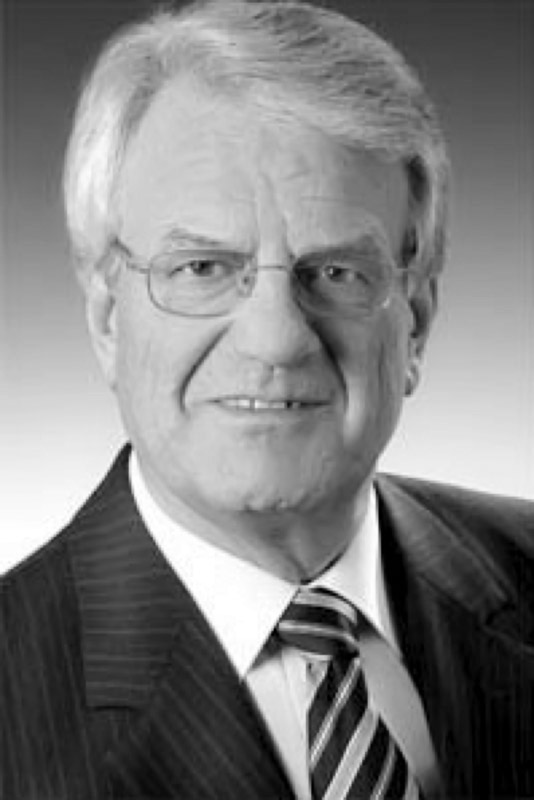
And I vouch for that in our competition.
In this spirit I greet you warmly and look forward to your visit at our prize winners' concert.
Prof. Dr. Gerhard Hücker
Overall management
International Piano Competition Kronberg 2023

